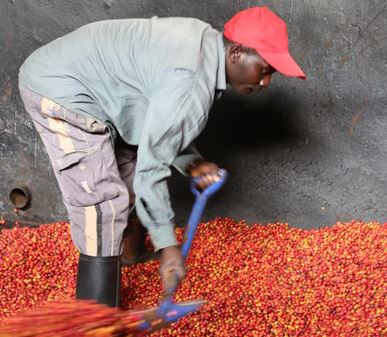×
The Standard e-Paper
Join Thousands Daily

Coffee farmers will soon be assured of fertiliser worth Sh1 billion from Treasury as part of the State’s plan to revive the ailing sector.
Treasury says in a new report that it is working on the recommendations by Parliament to ring-fence Sh1 billion from allocation of the fertiliser subsidy for coffee farmers.